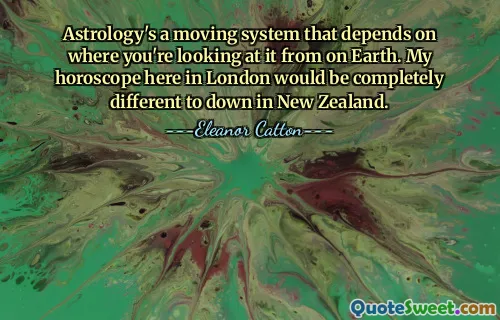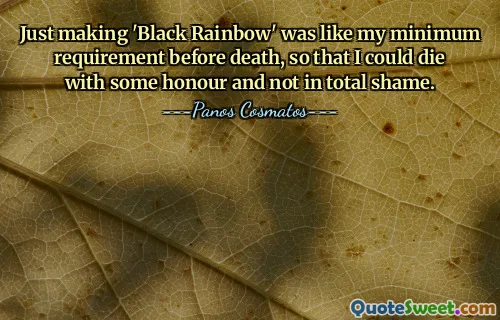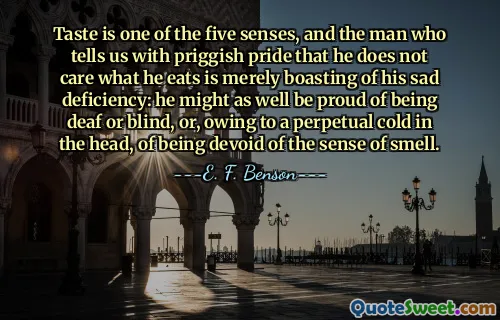
I believe that people who are devoutly religious, within any specific religion, have no true respect for the ultimate vastness that is God.
This quote invites us to consider the nature of true reverence and understanding of the divine. Often, individuals within structured religious traditions can become consumed with dogma, rituals, and institutional doctrines. While these practices can serve as meaningful expressions of faith, they may also create a barrier to recognizing the boundless and indescribable essence of the divine. True respect for God, in this context, seems to require humility and an acknowledgment of humanity's limited capacity to comprehend the infinite. When individuals relentlessly adhere to specific interpretations of spirituality, they might inadvertently confine the divine within narrow boundaries, thus missing aspects of God's vastness beyond human understanding.
The idea encourages introspection: Are organized religions, with their rituals and doctrines, sometimes reductive in their portrayal of the divine? Or can they serve as bridges that lead people closer to the cosmic mystery? Respect for the divine might involve embracing mystery, acknowledging our limitations, and maintaining wonder at the universe's vastness. It prompts the question of whether true piety lies in strict adherence to doctrine or in an open-hearted reverence of the unknown. The quote subtly suggests that genuine respect for the divine involves recognizing its enormity and complexity, which surpass human attempts at classification and codification. In a broader sense, this reflection challenges us to approach spirituality with humility, curiosity, and reverence for the infinite—traits that foster a more profound connection with the divine than rigid orthodoxy.
Understanding our own limitations, appreciating the vastness of existence, and remaining open to mystery are essential for cultivating genuine respect for the divine. This perspective can inspire individuals to look beyond the confines of religious dogma and seek a more authentic, humble relationship with the beyond, one characterized by awe and reverence for the infinite complexity of the universe.
The quote ultimately serves as a reminder that true spiritual respect involves embracing the infinite nature of the divine, which calls for humility rather than dogmatism.





